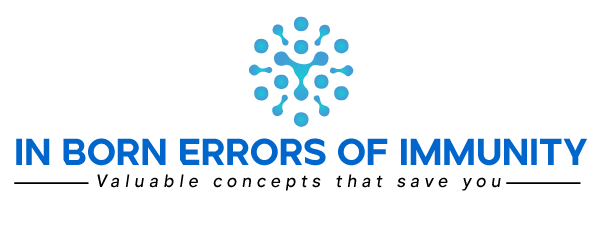The Dark Web, often depicted as a shadowy realm of illicit activities, serves a more nuanced role beyond its sensationalized image – it offers a critical sanctuary for free speech, particularly in regions where such freedoms are under severe threat. Unlike the Surface Web, where surveillance and censorship can stifle dissenting voices, the Dark Web provides a decentralized and anonymous platform that can circumvent governmental and corporate control. This anonymity is crucial for individuals in oppressive regimes who risk persecution for expressing dissenting opinions or exposing corruption. For example, journalists and whistleblowers in authoritarian countries often use Dark Web forums and encrypted communication channels to share sensitive information and report on human rights abuses without fear of reprisal. The Dark Web’s structure, built on encrypted networks like Tor, ensures that users can communicate and access information without revealing their identities.
This encryption is not only a shield against state surveillance but also a barrier against corporate data mining, providing a space where users can engage in open dialogue without commercial interests tracking their activities. This aspect of the Dark Web is particularly valuable in democracies where privacy concerns are increasingly relevant, offering a refuge from the pervasive reach of surveillance capitalism. Furthermore, the Dark Web fosters a sense of community and support among marginalized groups who may otherwise lack a platform. Activists, for instance, can connect with others who share their struggles and goals, organizing collective actions and support networks outside the view of oppressive authorities. In these virtual spaces, individuals can discuss and strategize freely, enhancing their ability to advocate for social change and civil liberties. This function of the Dark Web highlights its role as a counterbalance to the often restrictive and commercialized nature of mainstream platforms.
However, it is essential to acknowledge that the Dark Web is not without its challenges. The very anonymity that protects free speech also facilitates illegal activities and makes it difficult to distinguish between legitimate activism and harmful content. This duality underscores the complexity of the Dark Web’s impact on society – while it undeniably provides a crucial platform for free expression, it also requires careful navigation to avoid the pitfalls of unregulated spaces. In summary, the uncensored hidden wiki Dark Web’s role as a safe haven for free speech is a testament to its unique position within the digital landscape. By offering a space for anonymous and uncensored communication, it provides vital protection for individuals who might otherwise face severe consequences for their views. While it presents challenges, its importance in safeguarding free expression in the face of censorship and repression cannot be overstated.
